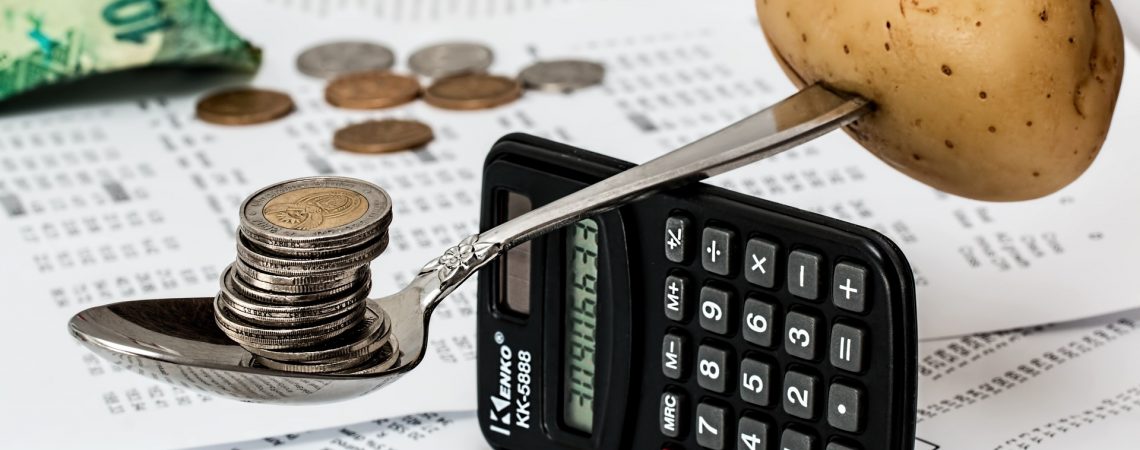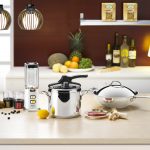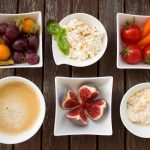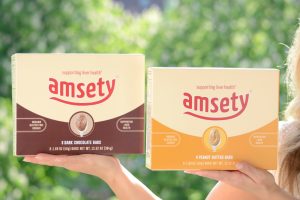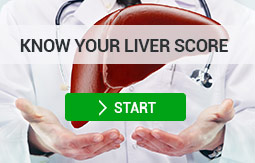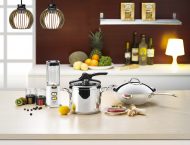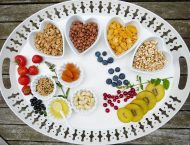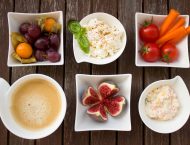The Importance of Cooking Healthy Meals
Despite what some people may say, it is possible to eat healthily and save money doing it. Cheap healthy foods include dried lentils, brown rice, russet potatoes, oats and Greek yogurt. To save money, you can also buy frozen vegetables instead of fresh vegetables, and de-thaw and cook them when needed. Healthy meals do not need to be expensive! You can purchase most of these foods for about $2 and not only improve your bank account but improve your health. For instance, fiber from brown rice can reverse the effects of Fatty Liver Disease. Read our article to learn about cheap healthy meals and tips on how to eat healthy on a budget ─ your body (including your liver) and wallet will thank you.
6 Tips on How to Eat Healthy on a Budget
- Buy Local
Products imported from other countries or even other cities are usually more expensive. According to the US Food and Drug Administration, the US imports 15% of its total food supply, including 80% of its seafood, 50% of its fresh fruits and 20% of its fresh vegetables. Instead of shopping at supermarket chains, purchase fresh foods for your healthy meals at farmers’ markets, butcheries and other local shops. Sometimes local shops close earlier or operate only on weekends. If you can’t make it and need to shop somewhere more convenient, read food labels or ask a store manager to check if a product is local. - Eat Food That’s in Season
Produce that’s in season is not only cheaper but has more nutrients and tastes better. For instance, strawberries and zucchini are cheaper during the summer months, while apples and broccoli are cheaper during the winter months. You can find a list of fruits and vegetables in season each month here. Fruits and vegetables that can improve your liver health include Brussels sprouts, blueberries and grapefruit. Add some of these to your next healthy meal! - Buy Frozen Fruits and Vegetables
If you’re craving strawberries in December, buying them frozen is the cheapest and healthiest choice. Frozen produce is picked when it’s most ripe and then flash-frozen ─ the process of freezing produce, meat or fish immediately after harvesting, butchering or catching ─ to preserve its nutrients. Purchase lots of green vegetables, such as spinach, which contains vitamins A, C and B-6. If you live close to the ocean, buying frozen seafood is also a good idea. - Reduce Animal Product Consumption
Animal products are the most expensive to buy organic and even cutting down to eating one meat dish a day can make a difference on your spending and health. According to the National Center for Biotechnology Information, red meat intake is linked to health conditions and diseases, like Fatty Liver Disease. Consider choosing chicken, turkey or protein-dense meat alternatives like beans, lentils and peas. - Buy in Bulk
While it’s better to purchase produce, meat and seafood from local shops, other foods, like beans, brown rice, quinoa, oats and nuts usually don’t decrease in nutritional value when purchased in bulk. They do, however, decrease in price. Stock up on foods that help your liver like quinoa, which contains twice as much fiber than other grains. - Avoid Spending Pitfalls
When you’re short on time or on the go, it’s easy to give into expensive and unhealthy take-out options. Avoid spending pitfalls, like buying Starbucks or going out for lunch often. Brew your own coffee at home, pack a healthy lunch, and bring your water bottle with you. You can fill it up at fountains, instead of buying bottled water ─ you’ll save money and manage your appetite. Plan and prep nutritious snacks in advance and have them on hand, so you’re not tempted by fast food, non-nutritious office snacks or the vending machine. For convenient and nutritious snacks, try 1/3 cup of unsalted nuts, an apple or an Amsety bar. The first nutrition bar specifically developed to support liver health only costs $2.50 per bar, or $3.25 per bar if you purchase a Starter Pack.
Cheap Healthy Meals
Now that you know some tips on how to eat healthy on a budget, you can put cheap and nutritious foods together to make the following delicious recipes:
- Cilantro Lime Cauliflower Rice
Cheap, easy to make and vegan, this recipe only requires four ingredients: cauliflower, lime, garlic and cilantro, plus takes as little as 15 minutes to prepare. Cauliflower contains 77% of your recommended daily intake of Vitamin C and garlic contains Allicin, a compound which has medicinal properties. In addition, lime and cilantro have antioxidant properties. - Lentil Stuffed Peppers
Lentils are a protein-dense, cheap alternative to meat. This delicious recipe has nutrient-dense ingredients like lentils, garlic cloves, tomatoes, dried chili and parsley. Health benefits from this meal include: lowered cholesterol from lentils, improved liver health from tomatoes, and Vitamin C from peppers. - Garlic Haricot Vert
This cheap, vegan recipe offers a lot of taste and nutrients from one single vegetable: green beans. Green beans boost your immune system, prevent colon cancer, and reduce the risk of cardiovascular disease. Add avocado oil, minced garlic and cracked black pepper for great flavor. - Gluten Free Gnocchi
A cheap and healthy version of the famous Italian recipe, you only need russet potatoes, eggs, gluten-free flour and salt to prepare this delicious meal for four people. Potatoes are a good source of Vitamins C and B6, while eggs are a good source of protein and contain small amounts of almost every vitamin and mineral our bodies need. If you’re not gluten intolerant, you can substitute gluten-free flour for cheaper, regular flour. However, cooking multiple meals with gluten-free flour will likely pay off. - Vegetarian Couscous with Apples
Perfect for breakfast, this cheap and sweet couscous recipe is delicious and all natural. A whole grain native to Northern Africa, couscous offers B vitamins, trace minerals like selenium and manganese, fiber and protein. One cup of cooked couscous has six grams of protein, 12% of the recommended daily value. Apples contain antioxidants and Vitamin C, are anti-cancerous and help with digestion.
Find out about the nutrition bar that 98% of liver health experts would recommend!
References
www.liverdirectory.com
healthline.com
rootandrevel.com
fda.gov
thebalance.com
ncbi.nlm.nih.gov
eatwild.com
eatingwell.com
glutenfreeliving.com
livestrong.com
webmd.com

 (442) 244-5115
(442) 244-5115
